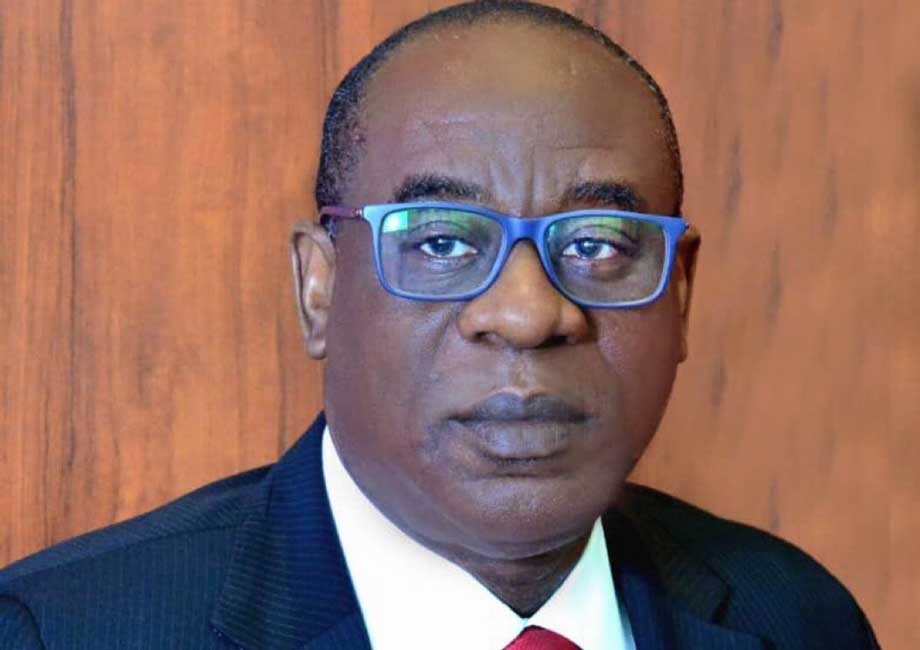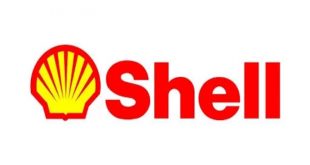The CBN will on Tuesday debate whether to slow down inflation with more rate hikes or a potential reduction in the rates.
For years, Nigerians have not celebrated a win over inflation which has worsened to 22.7 per cent in June. The National Bureau of Statistics computed the rate without factoring in the impact of the fuel subsidy removal and naira depreciation.
At the last Monetary Policy Committee meeting under Godwin Emefiele, the rates were increased to 18.5 per cent from 18.0 per cent.
Uwaleke told THE WHISTLER, “The decision of the MPC in the July meeting will be influenced by the rising inflation expectations due largely to the sudden removal of fuel subsidy, the pressure on the naira and exchange rate volatility occasioned by the recent naira float. These considerations tend to recommend a further rates hike aimed at taming the stubborn inflation.
“The Ag CBN Governor who will be chairing the meeting has been part and parcel of the hawkish MPC stance for months now and so another rates hike will not come as a surprise.
“Be that as it may, the MPC should equally recognise that the removal of fuel subsidy has slowed down economic activities considerably with an attendant drop in productivity.
“So, economic growth and jobs are already negatively impacted such that a further monetary policy tightening would only worsen the situation through the credit channel as cost of capital is increased and access to credit by small businesses is made more difficult.”
Since the removal of fuel subsidy and the floating of the naira, manufacturers have repriced their products while agricultural products have become expensive for consumers.
The subsidy removal and naira floating have affected many other sectors, including health and education as school fees are already on the rise while the cost of medication has jumped.
Uwaleke argued that an increase in the MPR may increase the risk of banks piling up non-performing loans.
Non-Performing Loans ratio as of May 2023 was at 4.4 per cent.
He said, “Also, a further increase in the Monetary Policy Rate is likely to endanger the asset quality of banks through an increase in non-performing loans as deposit money banks reprice their loans.
“In this regard, the balance of risks dictates that the MPC should pause the policy rate hikes, which has been on since May last year by maintaining a hold position on all policy parameters during the meeting.”
Uwaleke advised the MPC to recognise that much as its primary mandate is to maintain price stability, it equally has a responsibility to support output growth.
He added, “This is against the backdrop of the fact that many of the factors driving inflation in Nigeria, such as insecurity affecting food output and high energy costs are outside the control of the CBN.
“All said, the MPC should seize the opportunity of the meeting to signal readiness to support output growth through policies geared towards fostering a low-interest rates environment while keeping an eye on inflation using a mix of heterodox measures.”
 DailyrecordNg …Nigeria's hottest news blog
DailyrecordNg …Nigeria's hottest news blog









